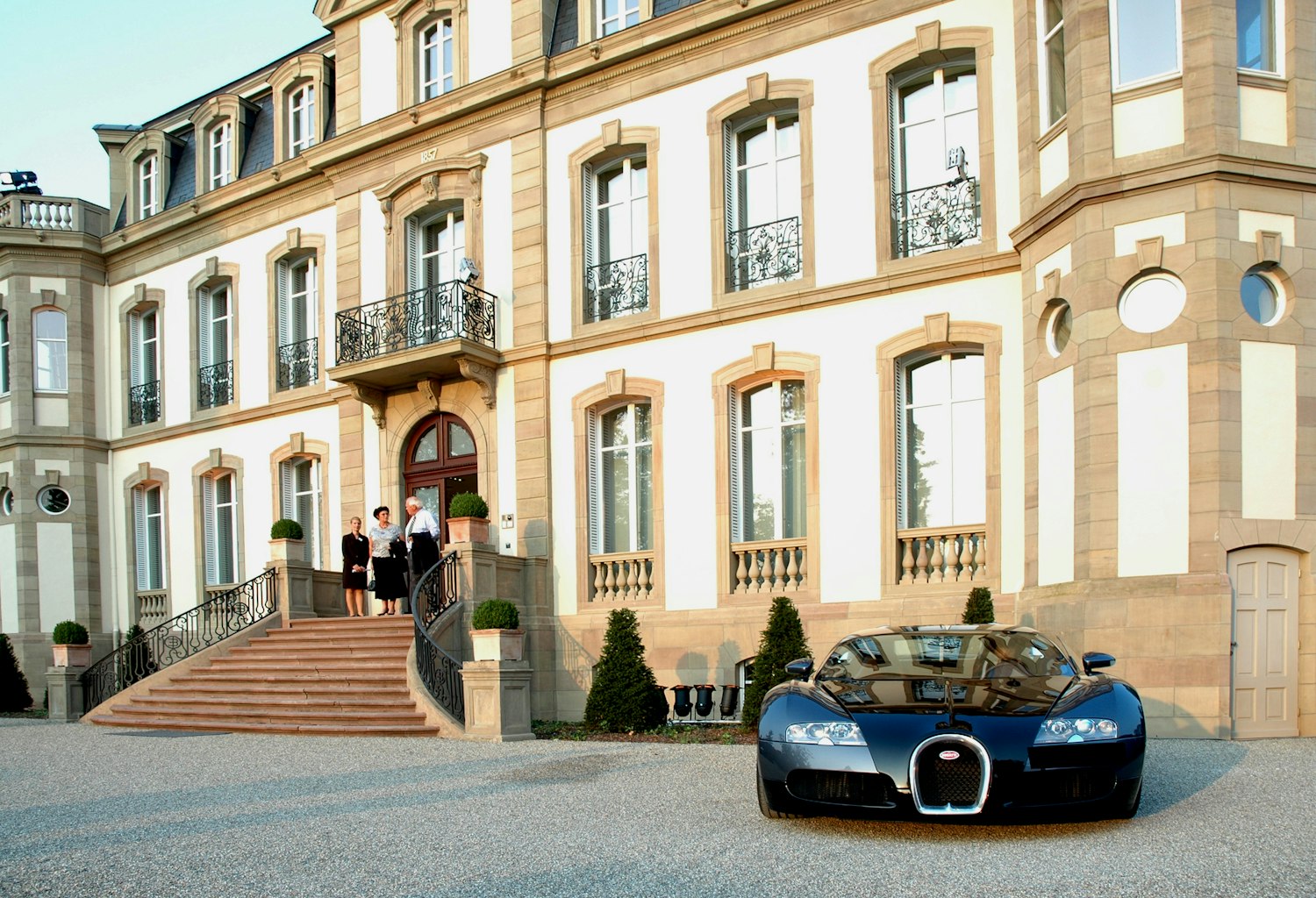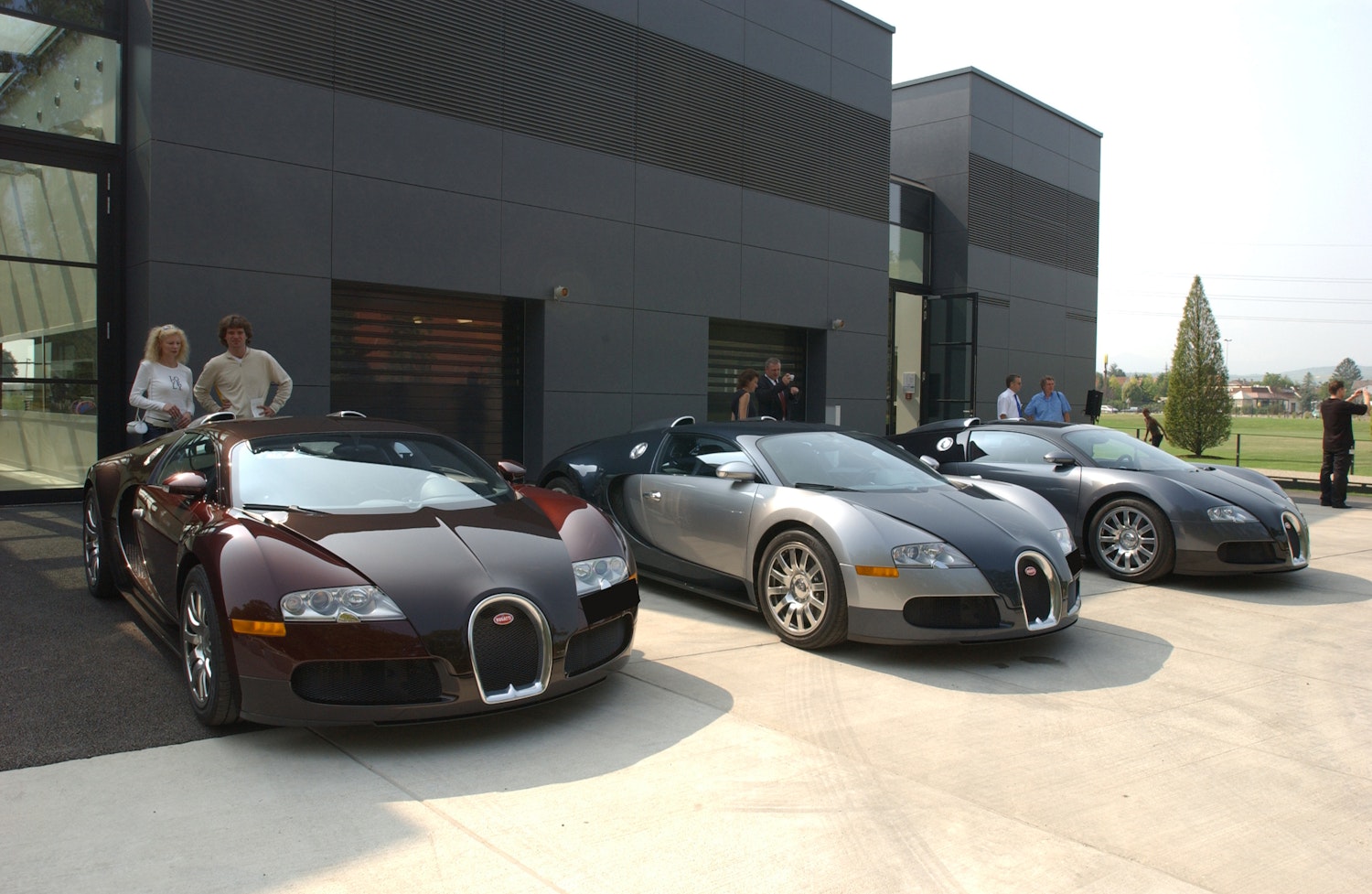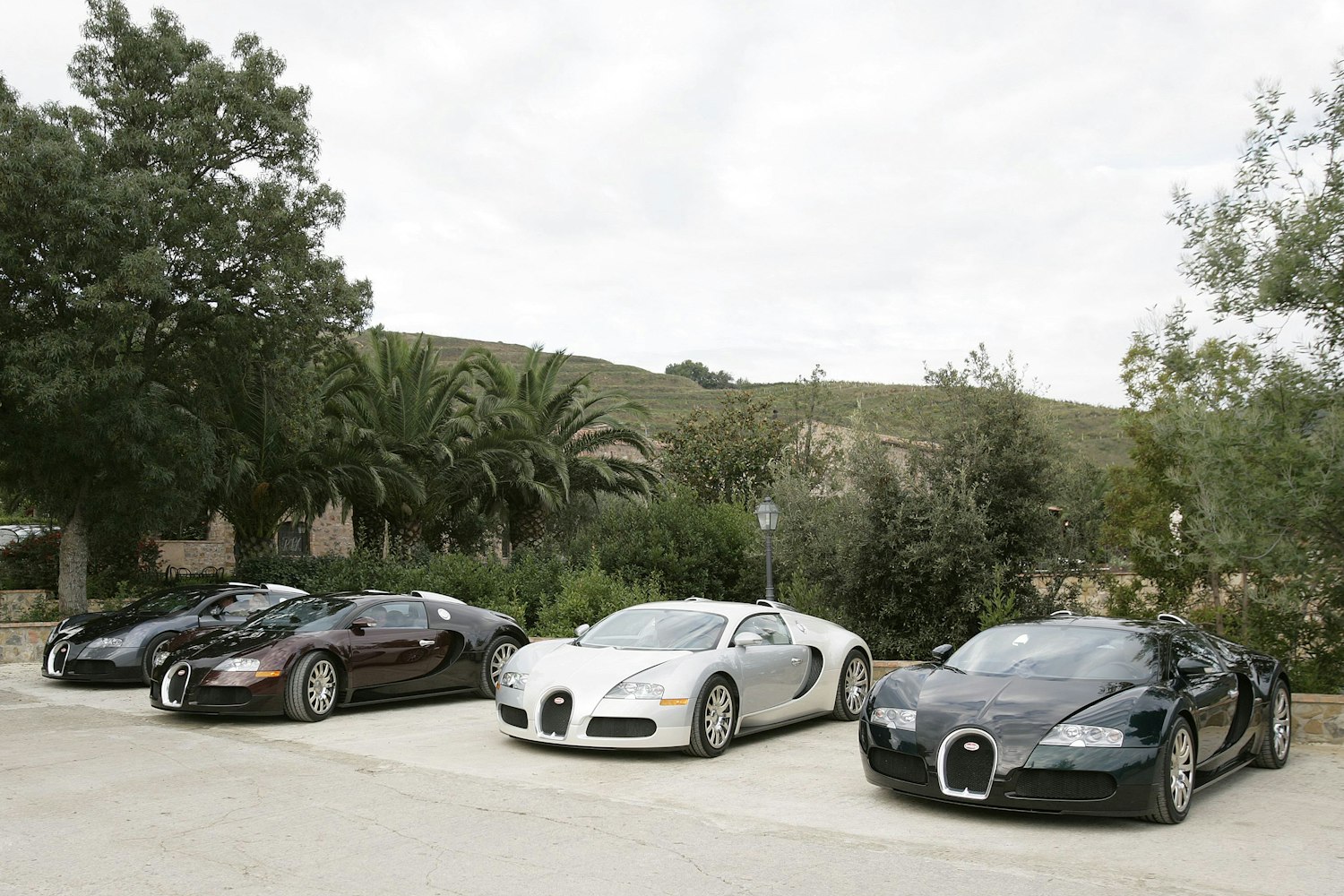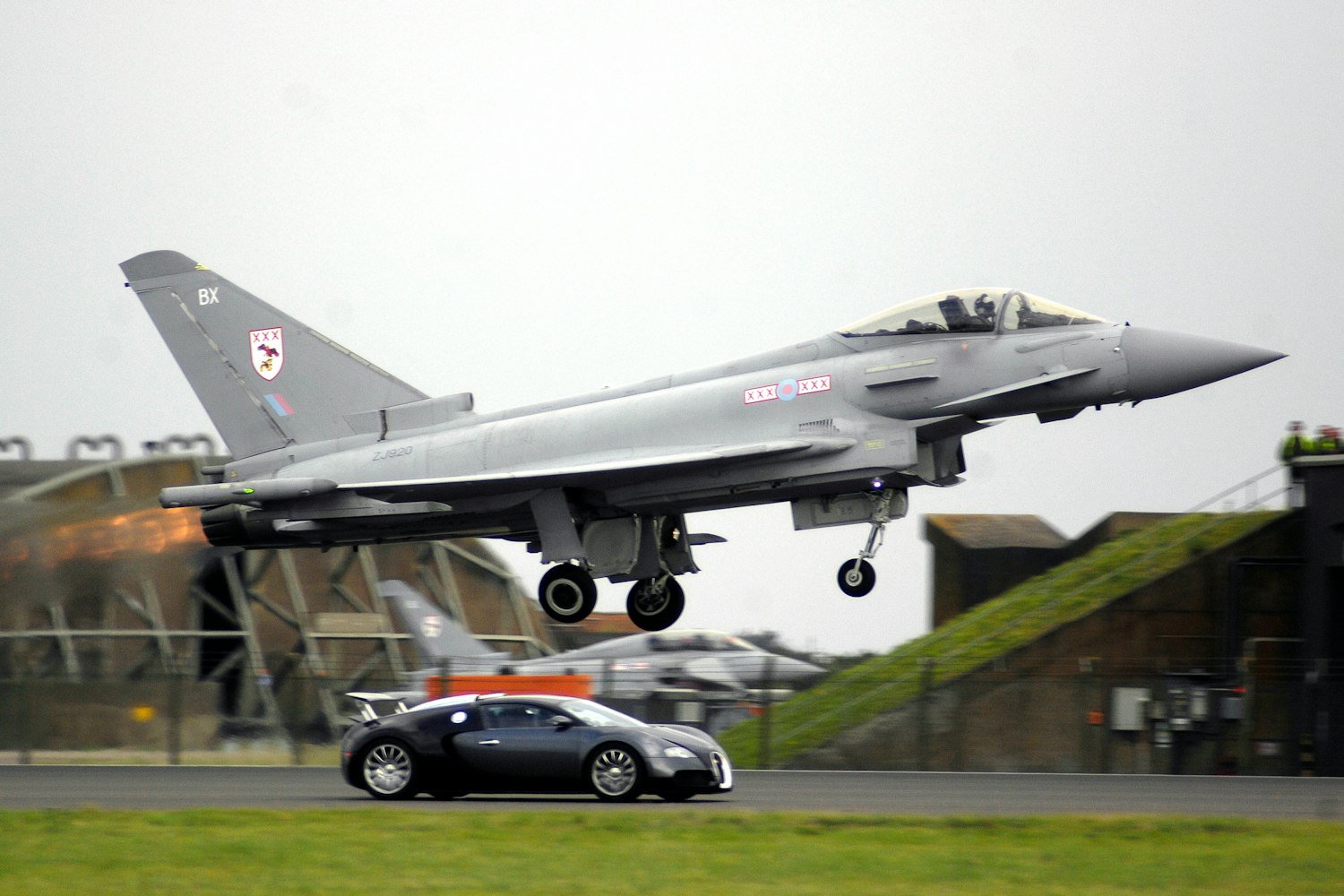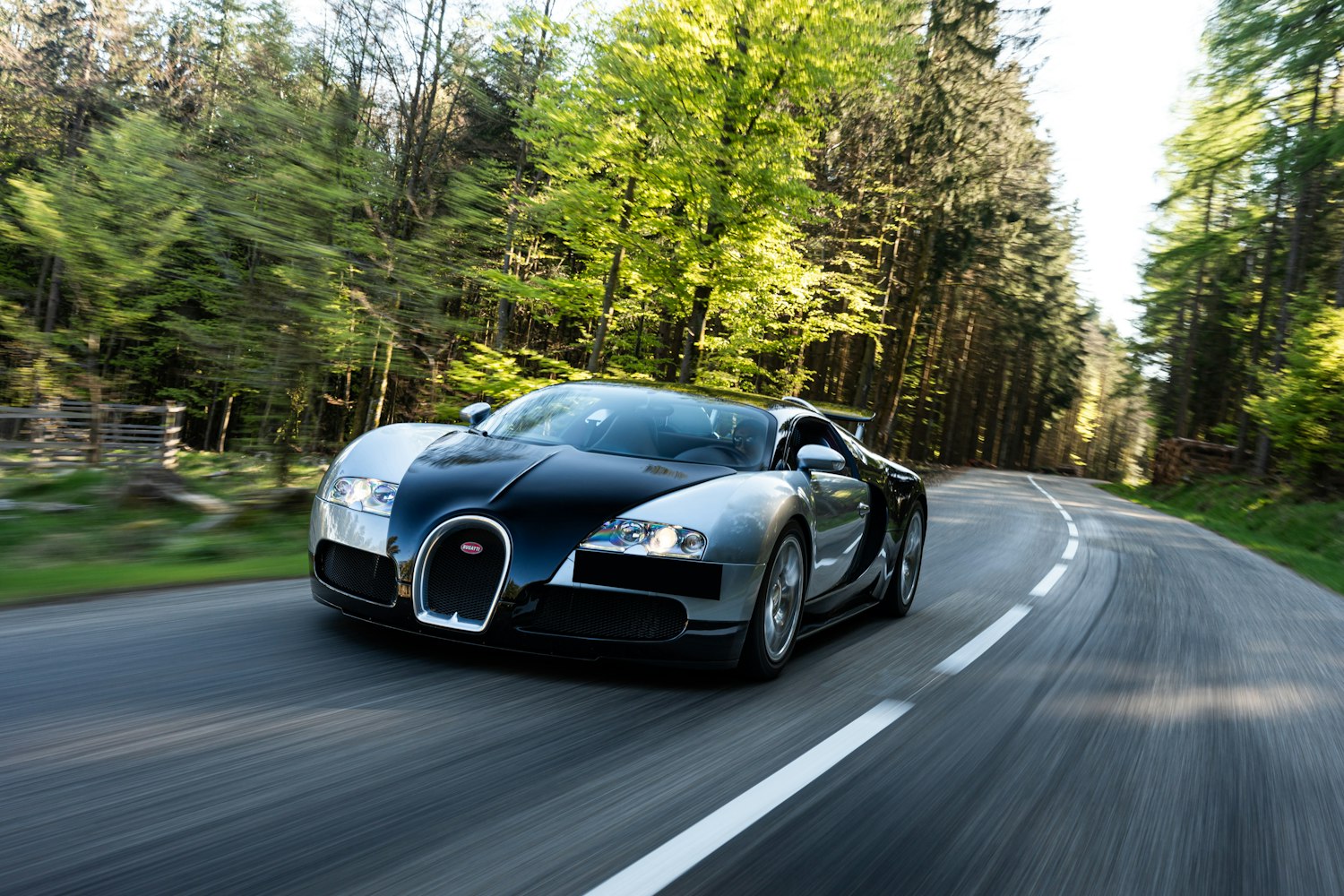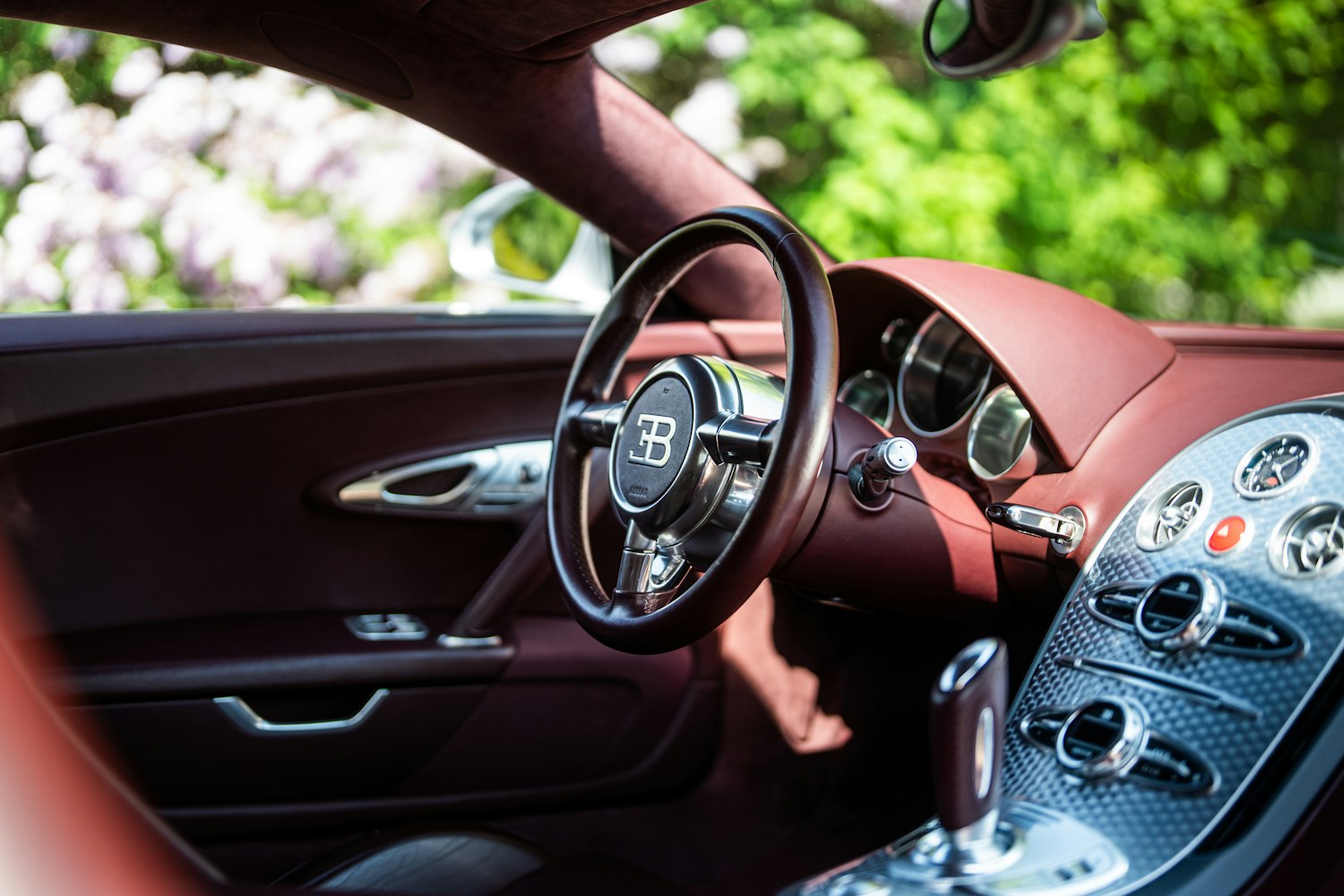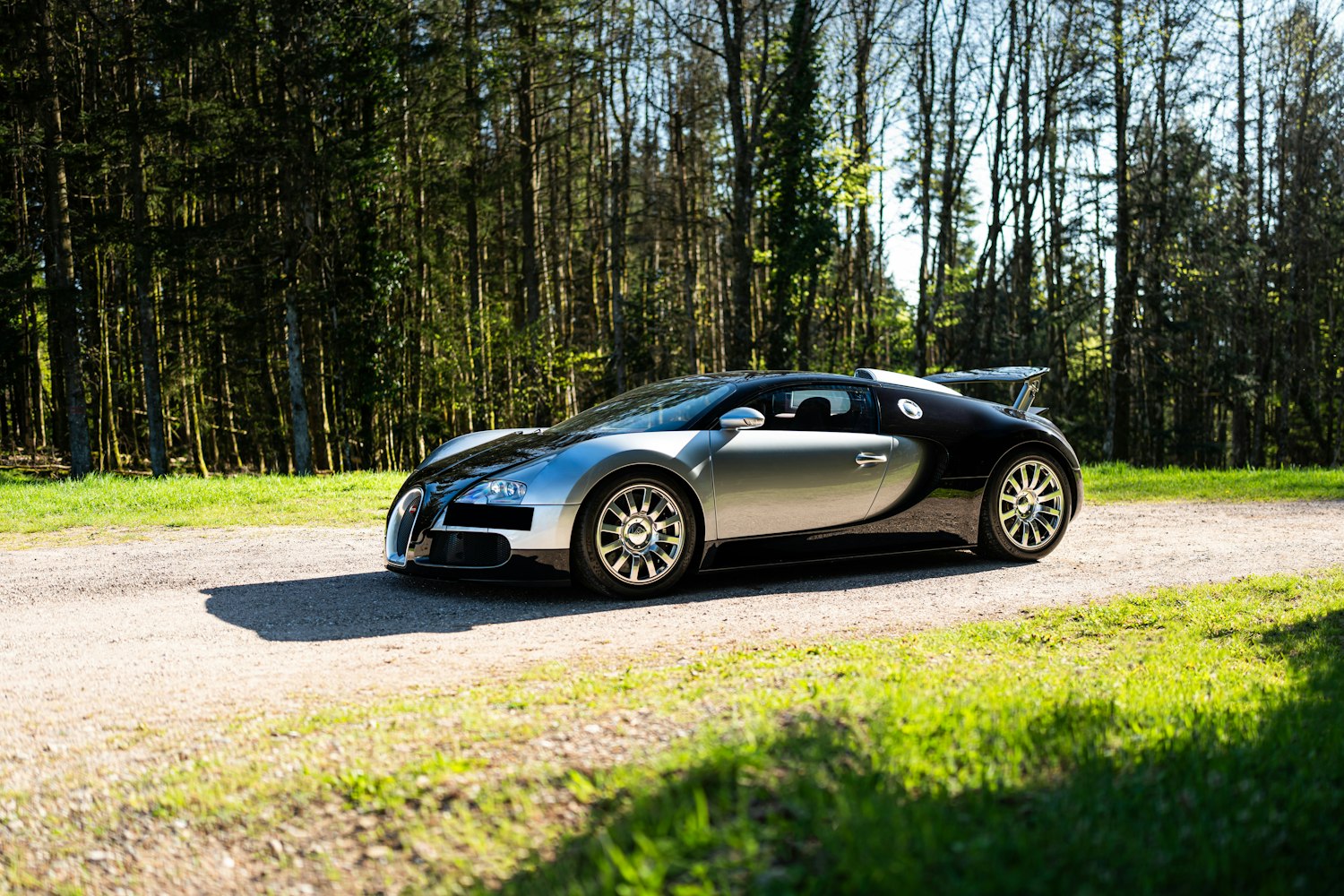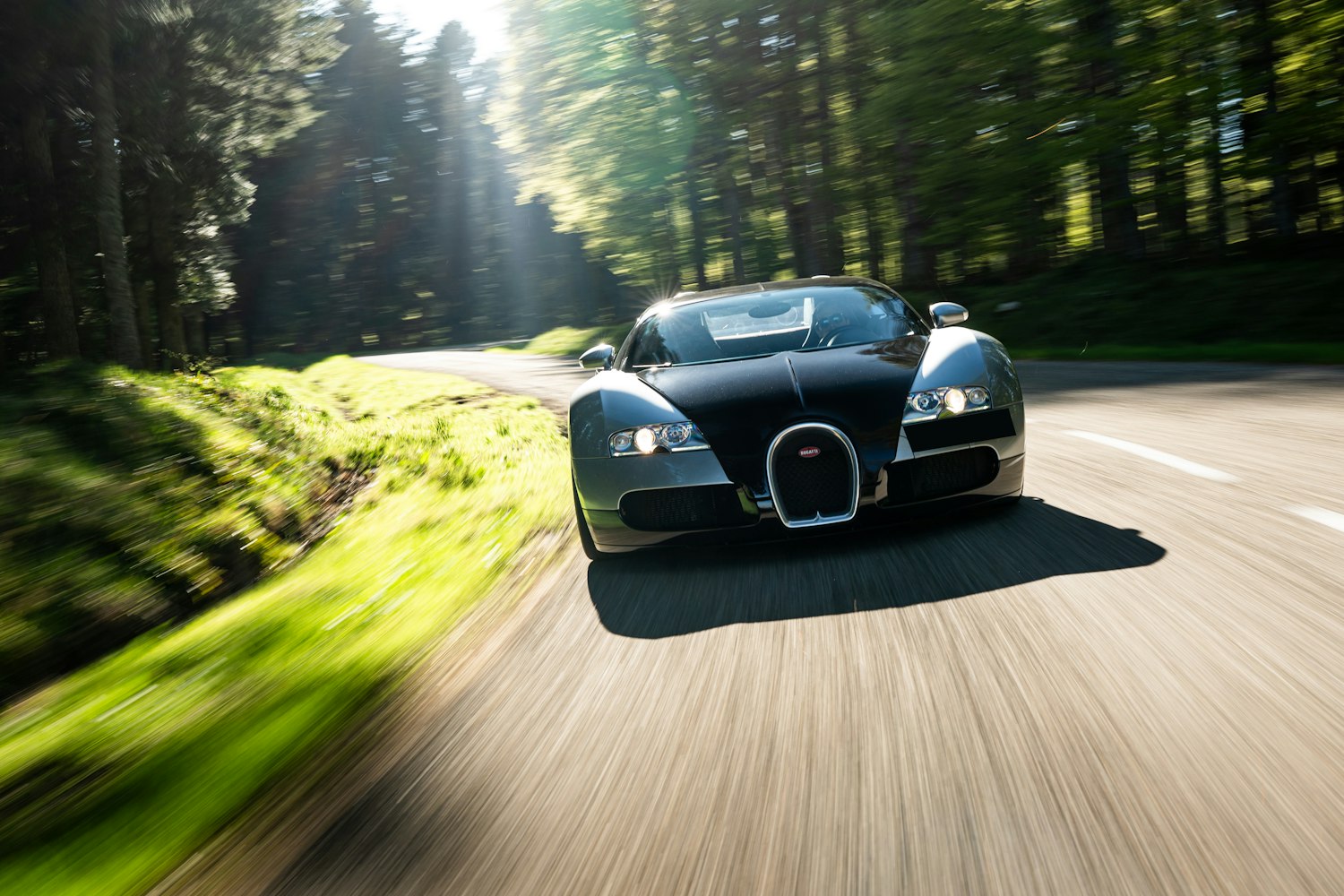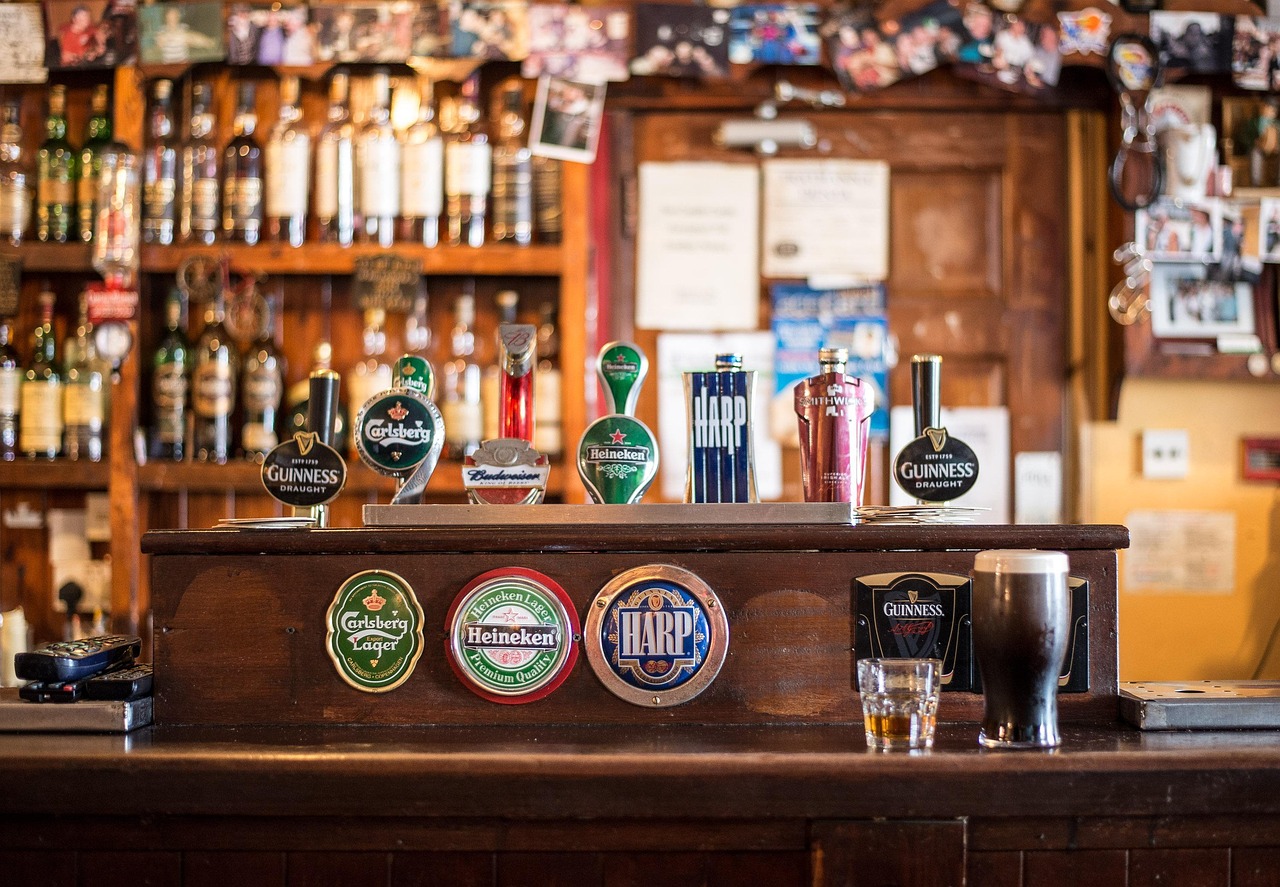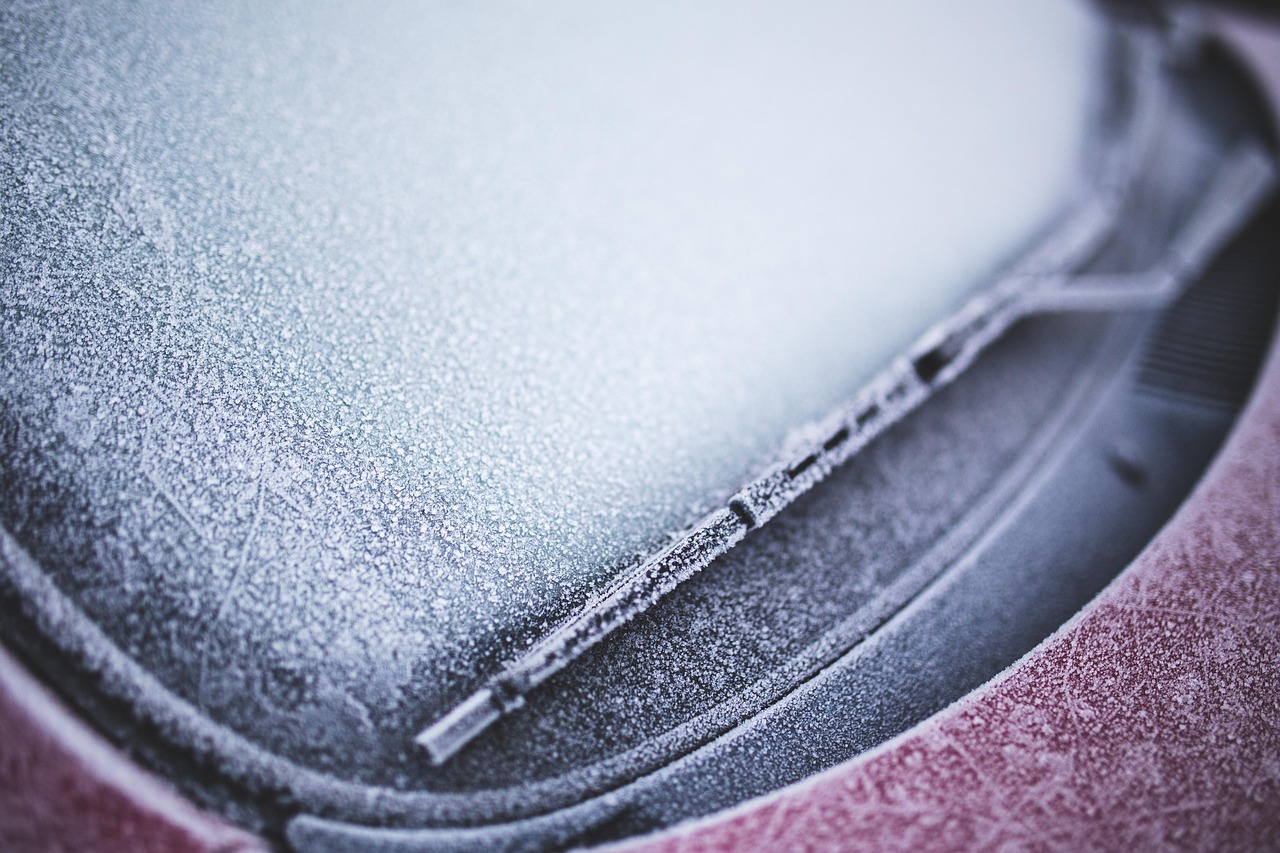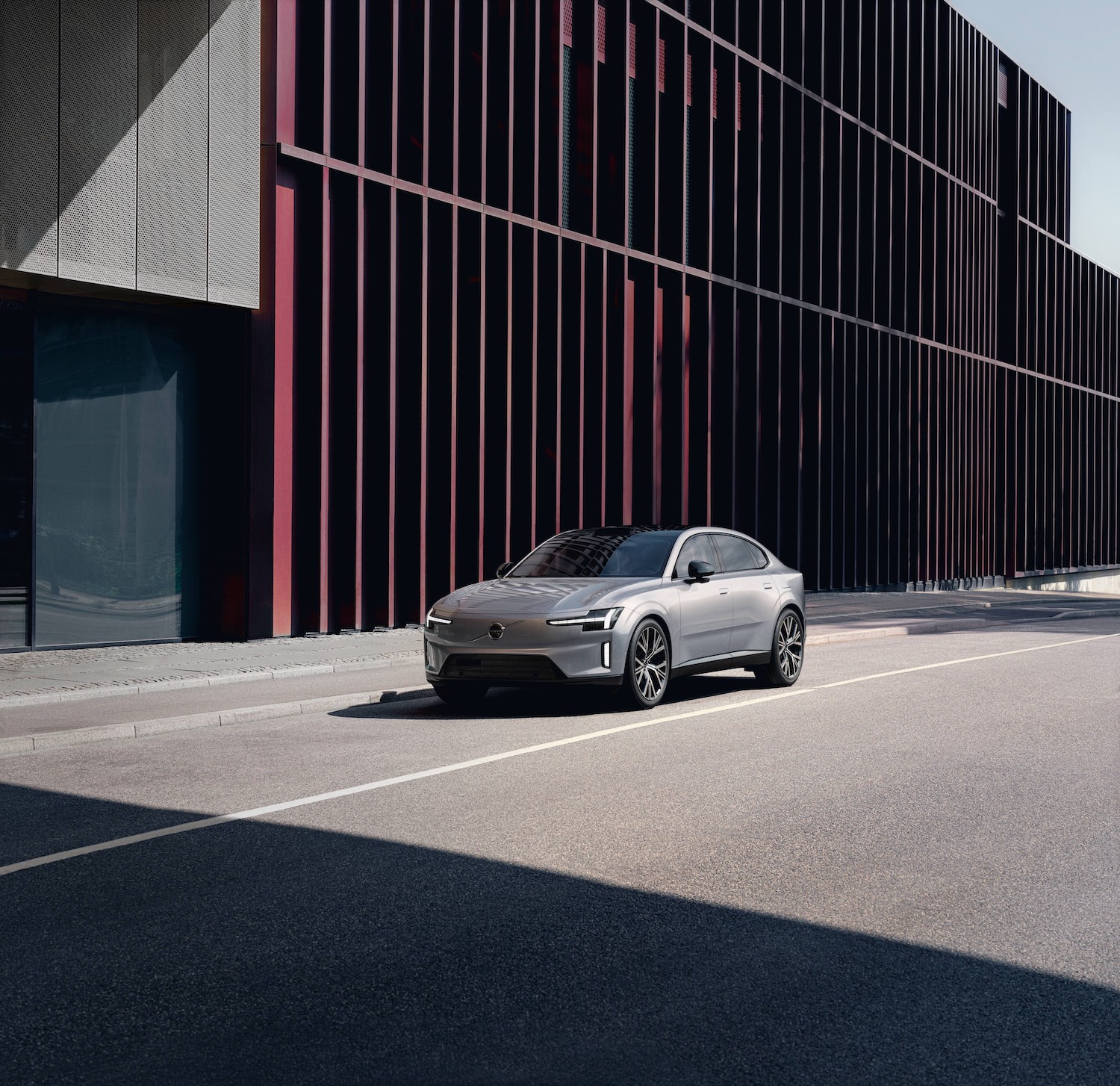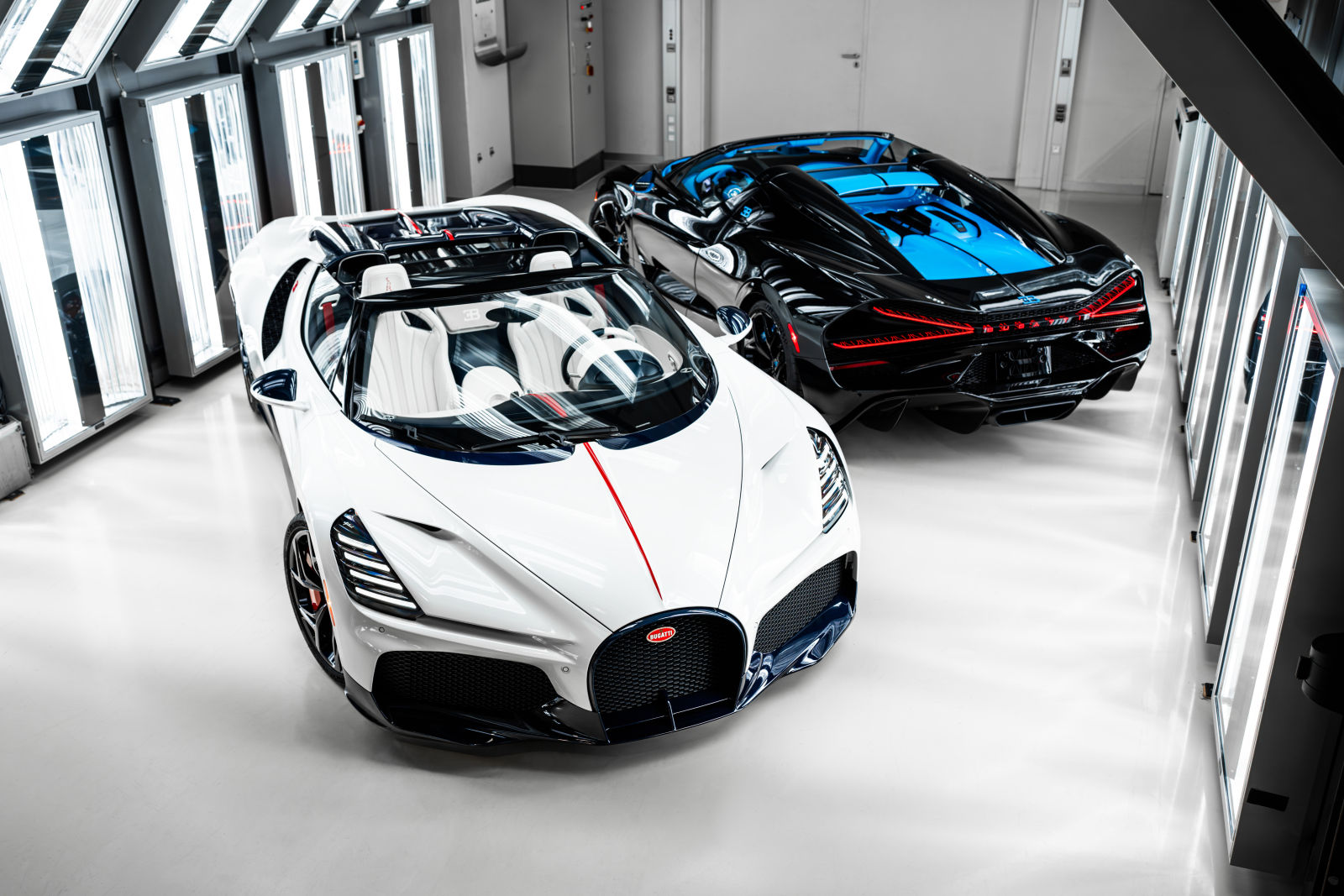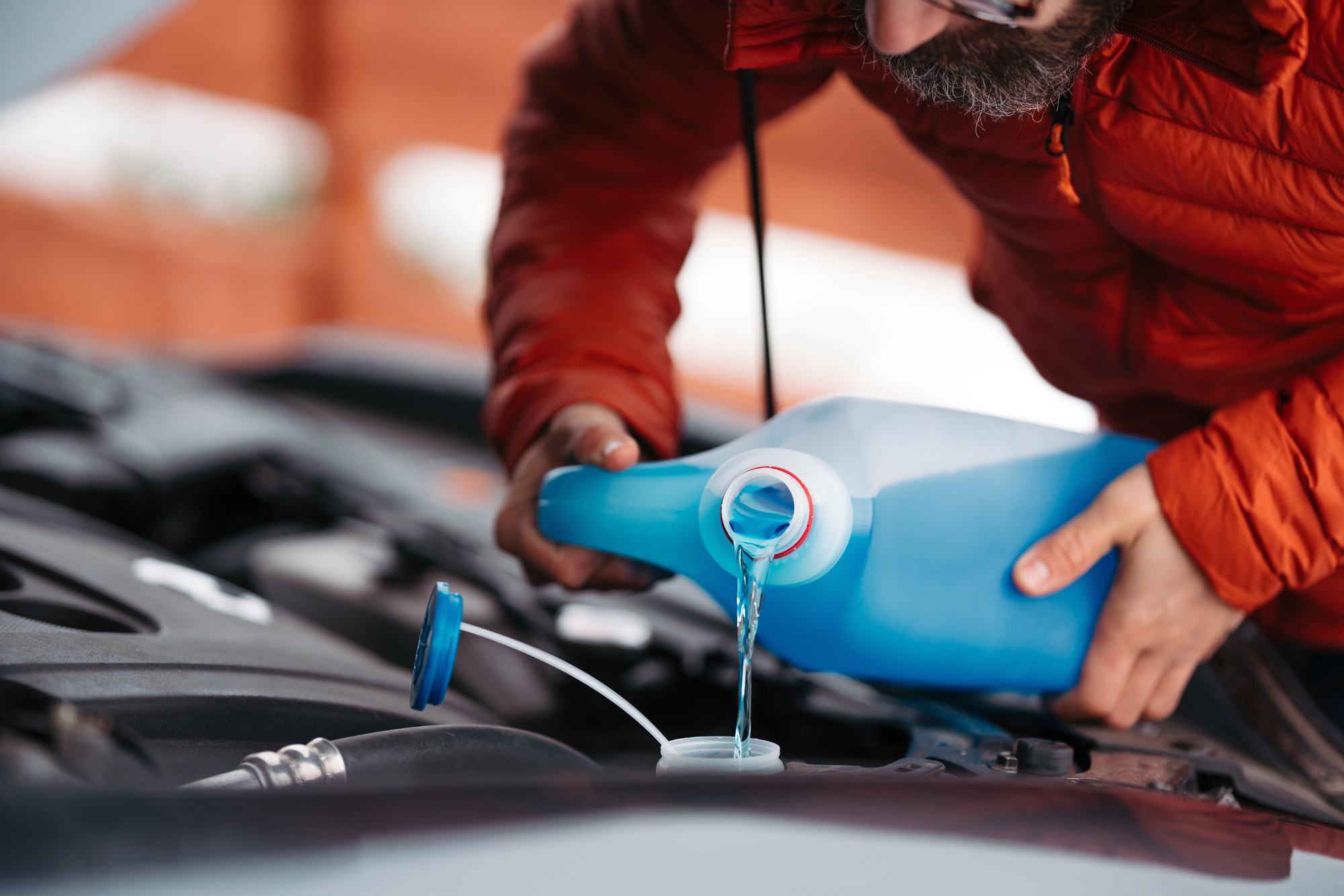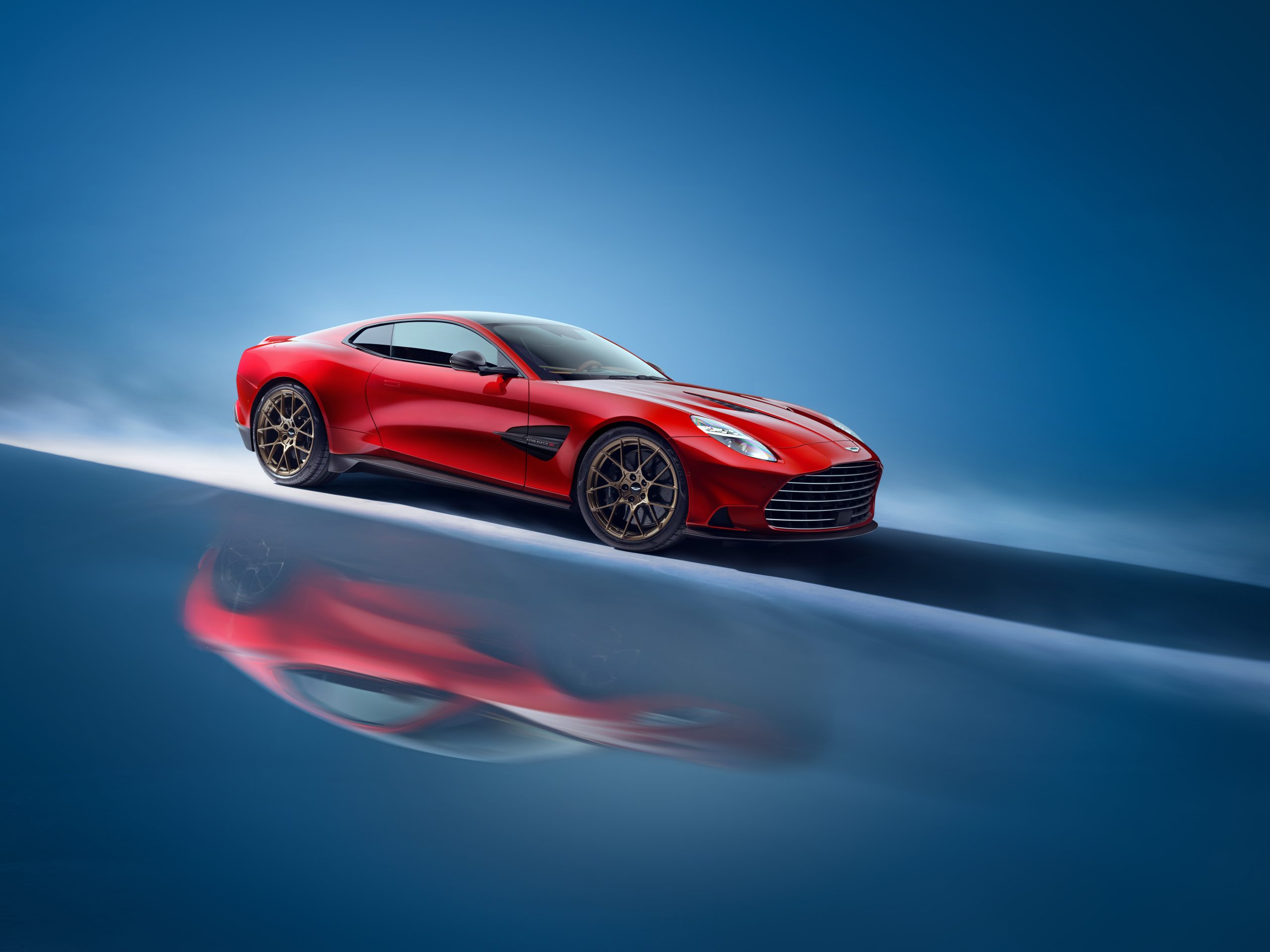From dream to reality: How Chassis 5.0 helped shape the legendary Veyron
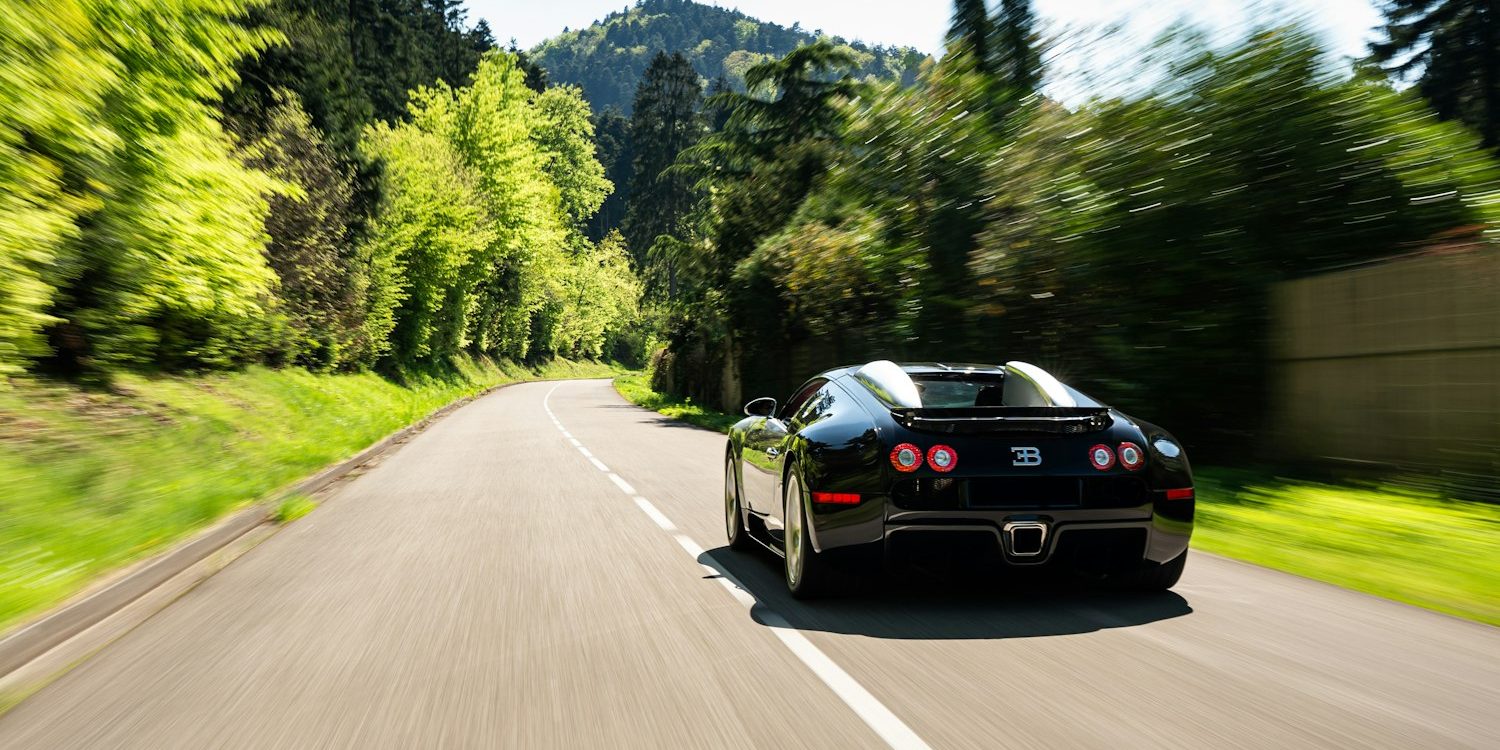
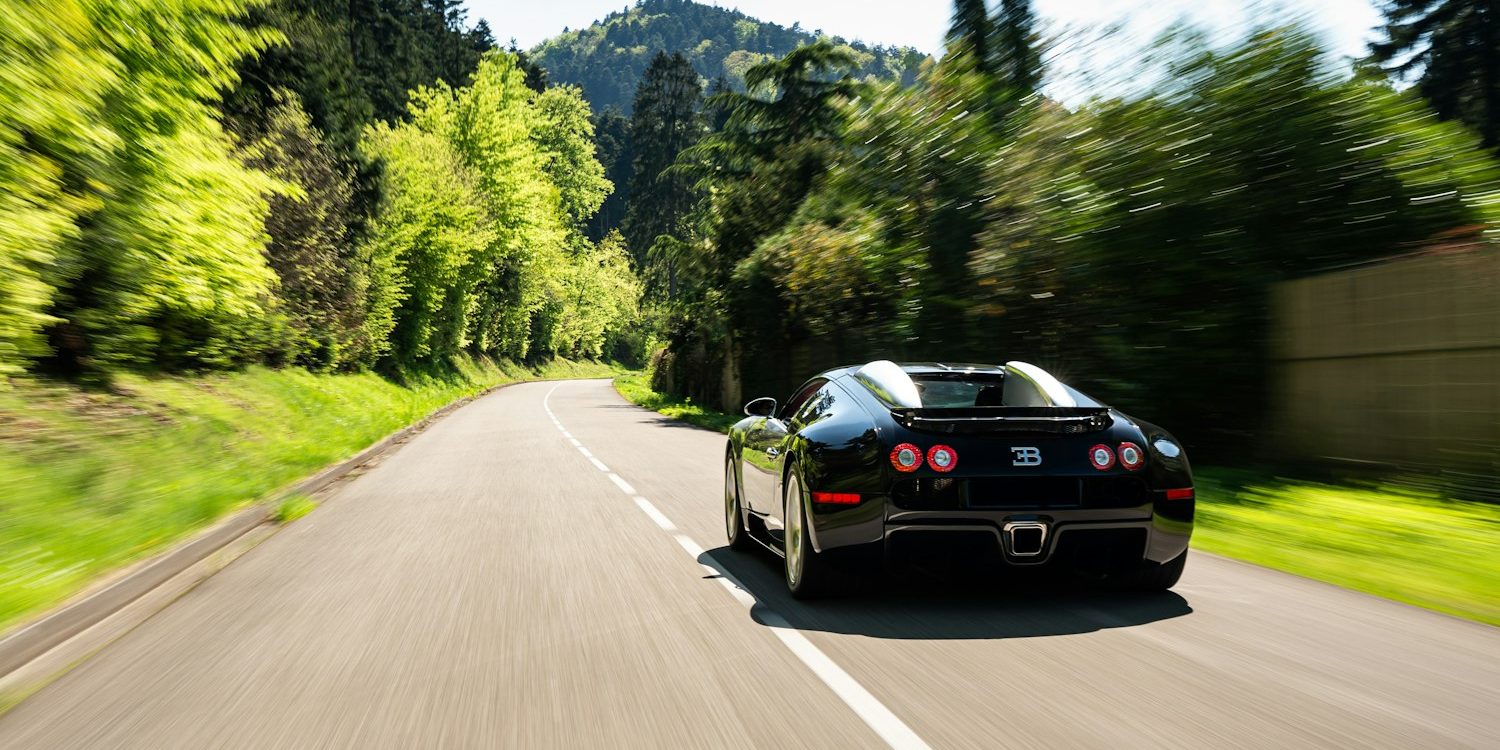
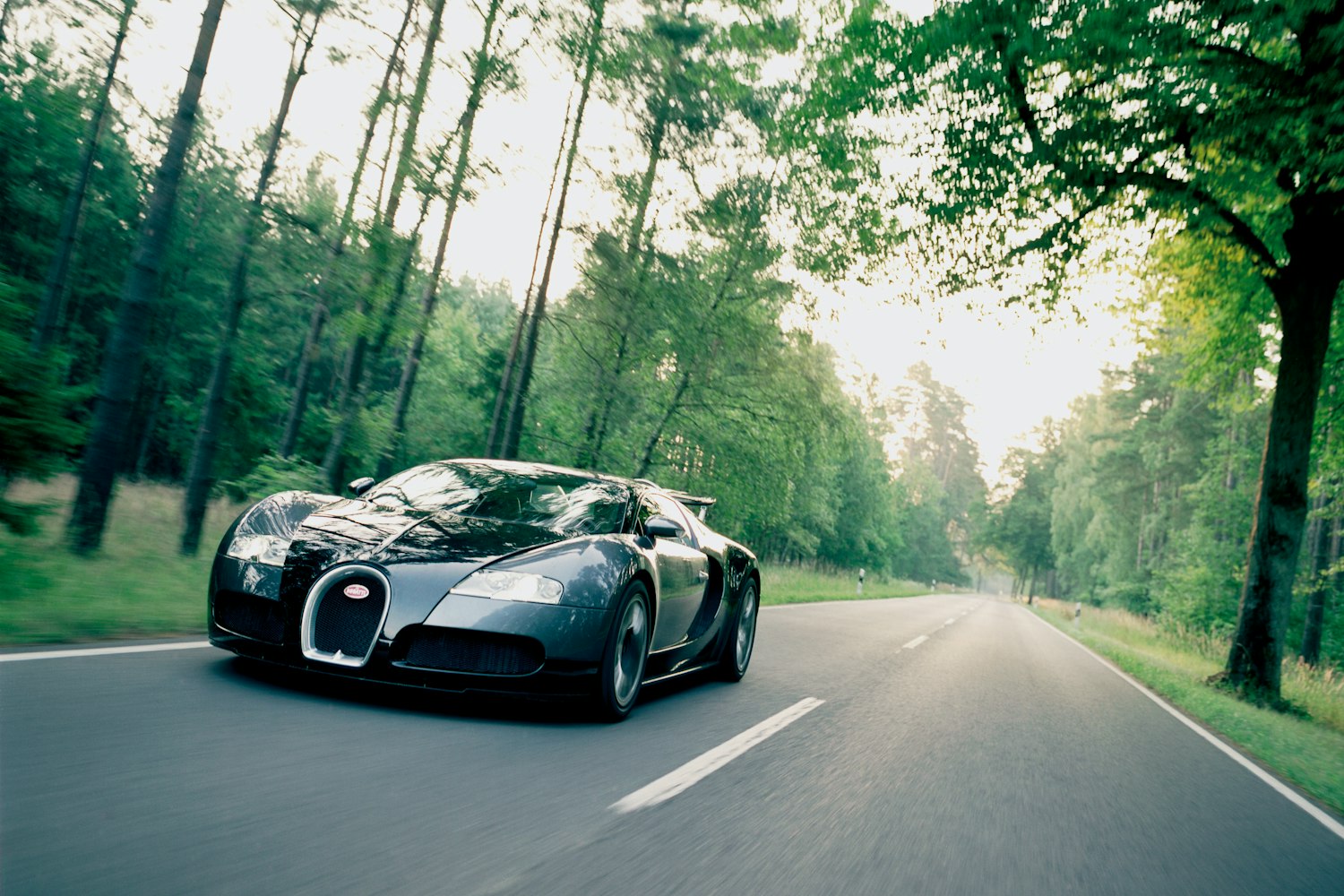
A vehicle that could unleash unparalleled performance on the racetrack, and deliver a soothing drive to the opera in the evening. An unprecedented vehicle type, the hypercar, able to produce over 1,000 PS and surpass every known boundary in automotive design and engineering. This was the dream of Prof. Dr. Ferdinand Karl Piëch – a revolutionary engineer with ambitions to redefine what a car was capable of.
Many could not conceive of a vehicle technically advanced enough able to realize Prof. Dr. Piëch’s vision – the laws of mechanics and physics seeming to defy the notion of a car that could serve so many purposes, perfectly. After years of conceptualization and intensive refinement at the hands of the world’s most skilled engineers, the journey to proving new worlds of possibility fell on the final series of pre-production Veyrons: Series 5.
As Chassis 5.0’s bespoke tires first touched the tarmac in early 2005, a seminal moment in the story of Bugatti was witnessed by the world-class minds that had created the hypercar.
A vehicle equipped with ten radiators to provide sufficient cooling; a unique seven-speed double-clutch DSG gearbox, ushered in by Chief Technology Officer at the time Dr. Wolfgang Schreiber, to harness the raw power available at the touch of the accelerator; and at its heart, a 16.4, quad-turbocharger W16 engine – masterminded by former Head of Powertrain Development, Gregor Gries, and the late President Dr. Karl-Heinz Neumann, powering the vehicle into the annals of automotive history. Each, technologies that had each been subjected to years and hundreds of thousands of kilometers of in-field testing, developed through multiple series of prototype vehicles. Now, fused into a creation reaching the culmination of Prof. Dr Piëch’s dream, ready to make the last critical steps towards the final hypercar that would break records and rewrite the automotive rulebook.
The final series of six pre-production vehicles was destined for a meticulously planned program of testing and homologation – executed and refined over and again to make the impossible happen.
Chassis 5.0 was therefore at the core of the transition between advanced prototype, and the final production vehicle to be unleashed into the open world. At a vehicle level, it became the testbed for the marque’s world-class engineers to perfect the performance of systems critical to unlocking the vehicle’s supreme capabilities. Drawing on the data and learnings gathered through the course of its predecessors’ rigorous testing, Bugatti technicians assessed and installed titanium plates in the back of the brake disc – proving to be the key in achieving optimum operating temperature and performance.
Yet the pre-series vehicle’s importance extended beyond the Veyron’s own perfection; it also proved to be an essential means of testing and enhancing assembly processes. From tooling validation, to assessment of the surface quality of aluminum, carbon fiber and paint, Chassis 5.0 assisted Bugatti technicians in developing workflows that would set the benchmark for vehicle-making excellence, all the way through to the production of the Veyron’s illustrious successor, the Chiron.
Chassis 5.0 was thus a mesmerizing reflection of the fast-evolving development program. Celebrating the art of imperfection gave the vehicle an inimitable charm, weaving the countless threads of its evolutionary design into an entirely unique tale in the history of the automobile – laying the foundations for further automotive history to be made.
As Chassis 5.0 evolved through this exacting process from pre-series to production-specification vehicle, so too did its purpose and profile. Having already cemented its legacy in the Bugatti story, the historic vehicle came to take on the mantle of presenting the automotive world with the impossible dream, as it awoke to the era of the hypercar – created and defined in its entirety by the Veyron.
Going on from its landmark appearance at the grand opening of the marque’s world-class Molsheim Atelier, its new mission saw it introduce the world’s media to Bugatti’s vision of supreme performance – from the very first test drives in Sicily, Italy, to iconic television appearances on the BBC’s Top Gear. Such was its capability and aura, that even seasoned professional racing drivers were spellbound; captivating 24 Hours of Le Mans veteran Pierre-Henri Raphanel, and compelling him to accept the honor extended by Bugatti to become the marque’s first Pilote Officiel – a position that saw him take Chassis 5.0 on demonstration tours and test drives around the globe.
Returning from its global tour, its original dark colorway was changed, as it went on to spend a period of time with a discerning customer. Creating new experiences and unparalleled enjoyment out on the open road, Chassis 5.0 then returned to its spiritual home in Molsheim – restored to its current black and sterling metallic paintwork, standing as an evocative symbol for the unequalled fusion of heritage, passion, and performance that inspired it. To this day, an icon that continues to inspire Bugatti designers, customers, and ultimately the brand’s hypercars.
Bugatti Veyron
